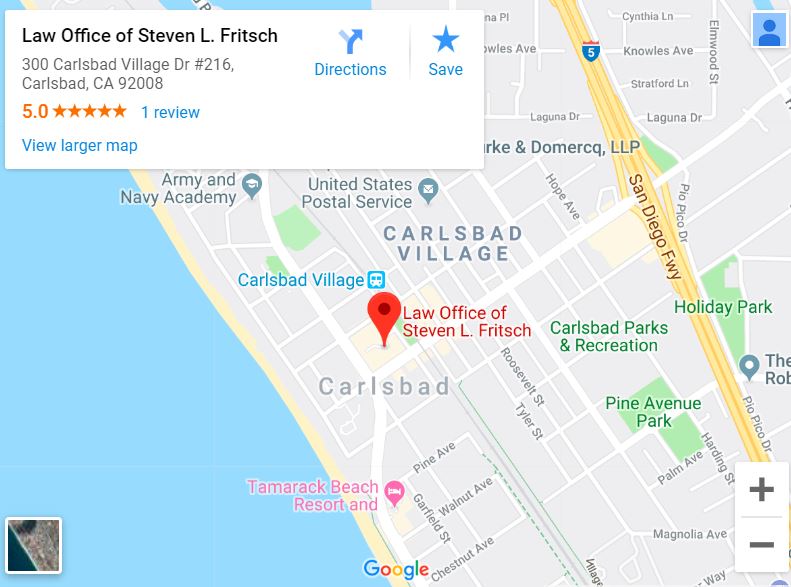Due to the proximity of Camp Pendelton, I have had many active duty servicemembers or their spouses as clients. Although there are differences between military and non-military divorces, one of the main differences is that the servicemember’s command can order the servicemember to do certain things although the court has made no orders. The common question is what orders are enforceable and what happens if the command and the court make orders that are inconsistent?
It is common that one’s command may order the servicemember to pay support before the court does. Many times a servicemember may have to pay one-half of their BAH to their spouse. First, the California court cannot enforce an order made by the servicemember’s command. The only orders that are enforceable by the Court are orders made by the court or in some circumstances, orders made by a court of another state. Therefore, it is important to get court orders as quickly as possible so the court’s enforcement powers are available. Coming into court and saying that the command ordered this and he or she is not following those orders will fall on deaf ears in court. Although the court may feel sorry for your situation, it will not be able to enforce the command orders.
However, once the court obtains jurisdiction over the parties and the property, its orders are what counts. If the command and the court have made orders that are inconsistent, the court order will generally trump the command’s order. For instance, if the command ordered its servicemember to pay support of $800/mo but the court ordered support of $1500/mo, the court order is the primary order. The same is true if support ordered by the court is less than what the command is ordering. Either way, the court order trumps. Furthermore, if you do not follow court orders you can be sanctioned and in some instances, thrown in jail.
In summary, although one’s command can make orders and the servicemember should follow them and may get in trouble for disobeying them, the court cannot enforce them. They will only enforce orders that have been made by the court. Therefore, if the service member or spouse needs to get an order that the command will follow and is enforceable in court, it must be done through the courts.
DISCLAIMER: The foregoing is for educational or informational use only and should not be used for legal advice in any way. If legal advice is needed, you should seek the advice of any attorney.
